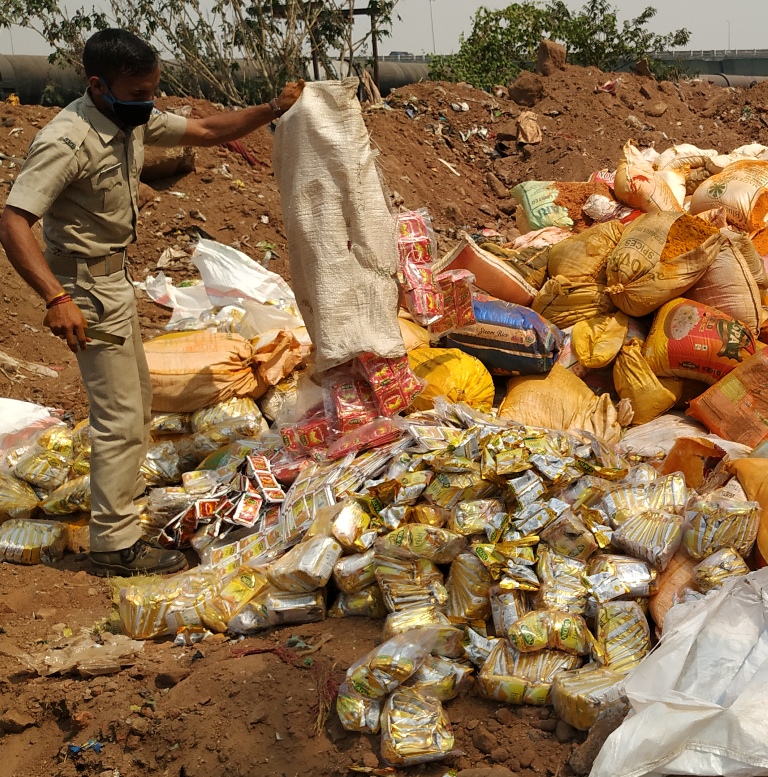Bhubaneswar: Food adulteration is a heinous criminal offence since it is not only cheating the consumers but also poses serious health hazards to them. Despite this, rising cases of food adulteration has turned out to be a major cause of concern, especially in the absence of any exemplary action against the unscrupulous businessmen involved in it.
Data available from the Odisha State Food Safety Department indicate that the conviction rate in food adulteration cases in the state is extremely low and this is largely responsible for such menace to flourish.
A total of 61 cases were registered against people involved in the adulteration of food items in Odisha during 2016-17 fiscal. The department registered 19 criminal cases and 42 civil cases against the accused in 2016-17.
However, only four accused were held guilty for food adulteration by the courts, while the remaining people were either acquitted or are still awaiting completion of their trial. Moreover, those convicted were also let off after paying fines worth Rs 50,000.
Similarly, the department registered 42 cases, including 13 criminal and 29 civil cases, in connection with adulteration of food items in 2017-18. In this year too, only four accused were convicted and they were penalised a total sum of Rs 43,000.
In the subsequent year, 2018-19, as many as 47 cases, including 14 criminal and 33 civil cases, were registered against the traders involved in the adulteration of food items. However, only two accused were convicted. The convicts had to pay fines worth Rs 1.10 lakh.
As many as 73 cases, including 12 criminal and 61 civil cases, were registered against traders across the state in 2019-20 fiscal and of these, only five were convicted.
During the last four years, 15 traders were convicted for food adulteration. The authorities managed to collect Rs 4.24 lakh from these convicts during the period. From the data available from the Odisha State Food Safety Department it is clear that the conviction rate for adulterating food items has been very poor over the years.
Speaking on the condition of anonymity, a top food safety officer, said, “After collecting all the samples, we send them for testing. There are two ways of dealing with such cases. One is adjudication, which is disposed of at the ADM level, and in the second case, the traders are let-off after paying a penalty.”
Exposing the loopholes in the system that leads to the acquittal in most of the cases, Supreme Court lawyer Shilpa Chohan said, “Any conviction is dependent upon whether the prescribed procedure for collecting samples was followed or not. Second, whether or not the sample was tested at an approved lab. What is important is whether the procedure as regards to search, seizure and investigation was adhered to by the food safety officer.”
Chohan further said, “Food safety officers and food analysts have to be trained in the legal and technical procedures to stand legal scrutiny in a court of law. So, technical and institutional capacity is a huge issue in this field.”
Interestingly, National Crime Records Bureau data reveals that Odisha Police have not registered a single case under Sections 272 and 273 of the IPC, The Prevention of Food Adulteration Act, 1954 and the Food Safety & Standards Act, 2006 dealing exclusively with food adulterations issue between period 2017 and 2019.
Speaking on the role of police, DCP Umashankar Dash said, “We have been taking food adulterations complaints seriously. We immediately carry out raids after coming across reliable inputs in this regard.”

